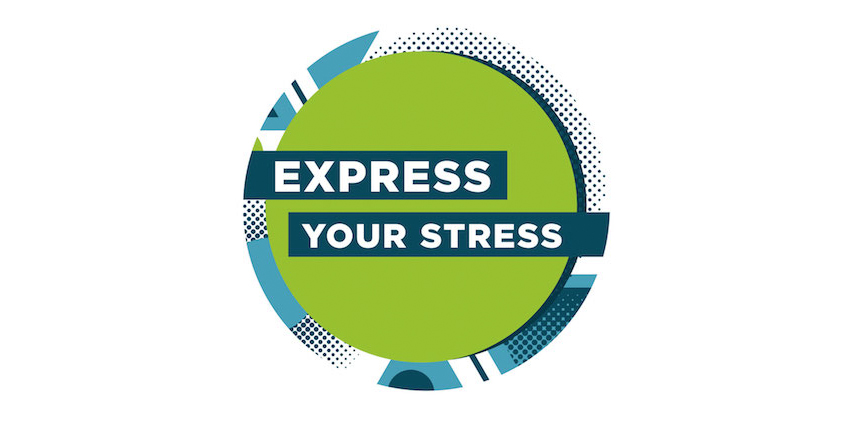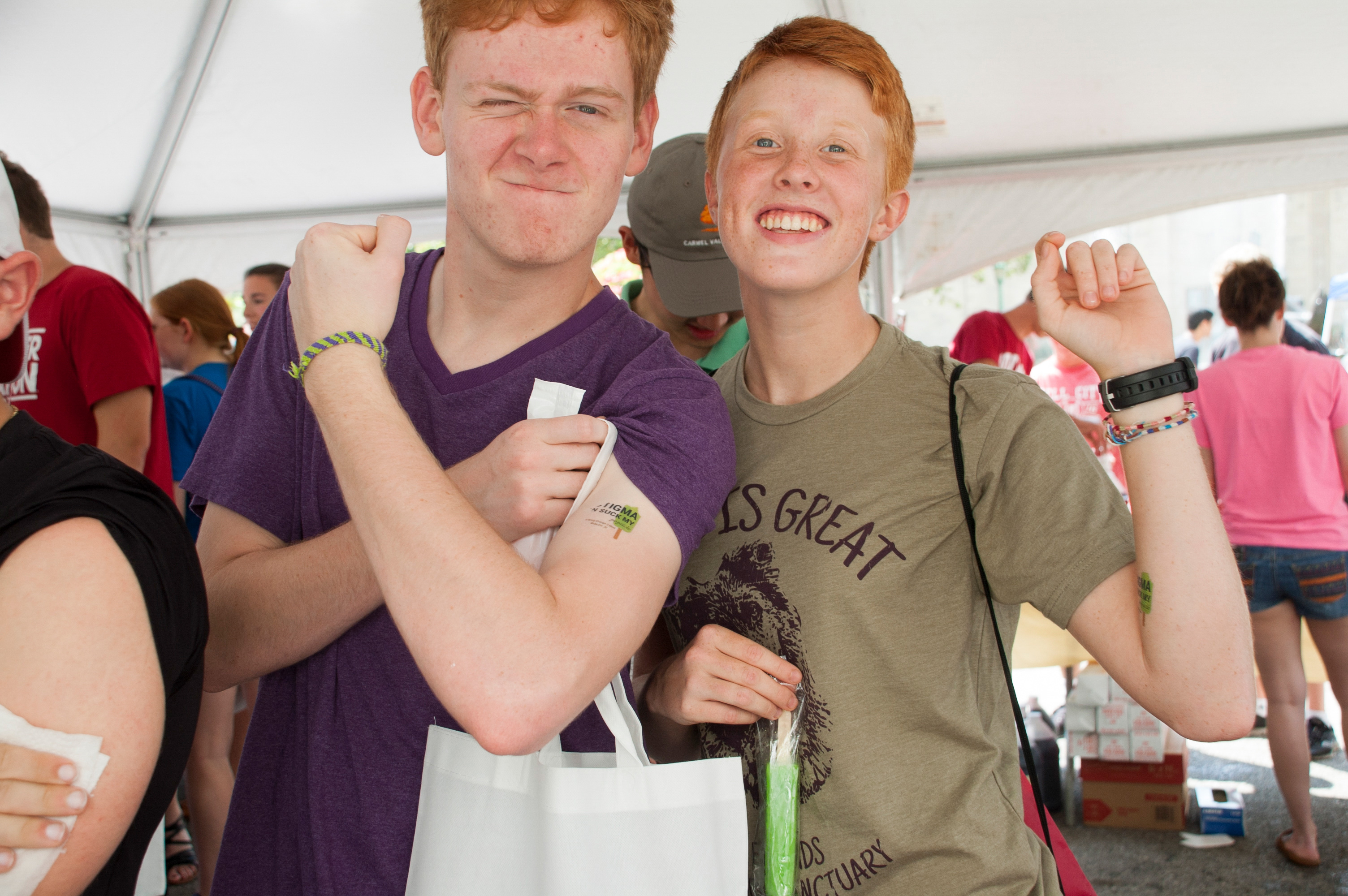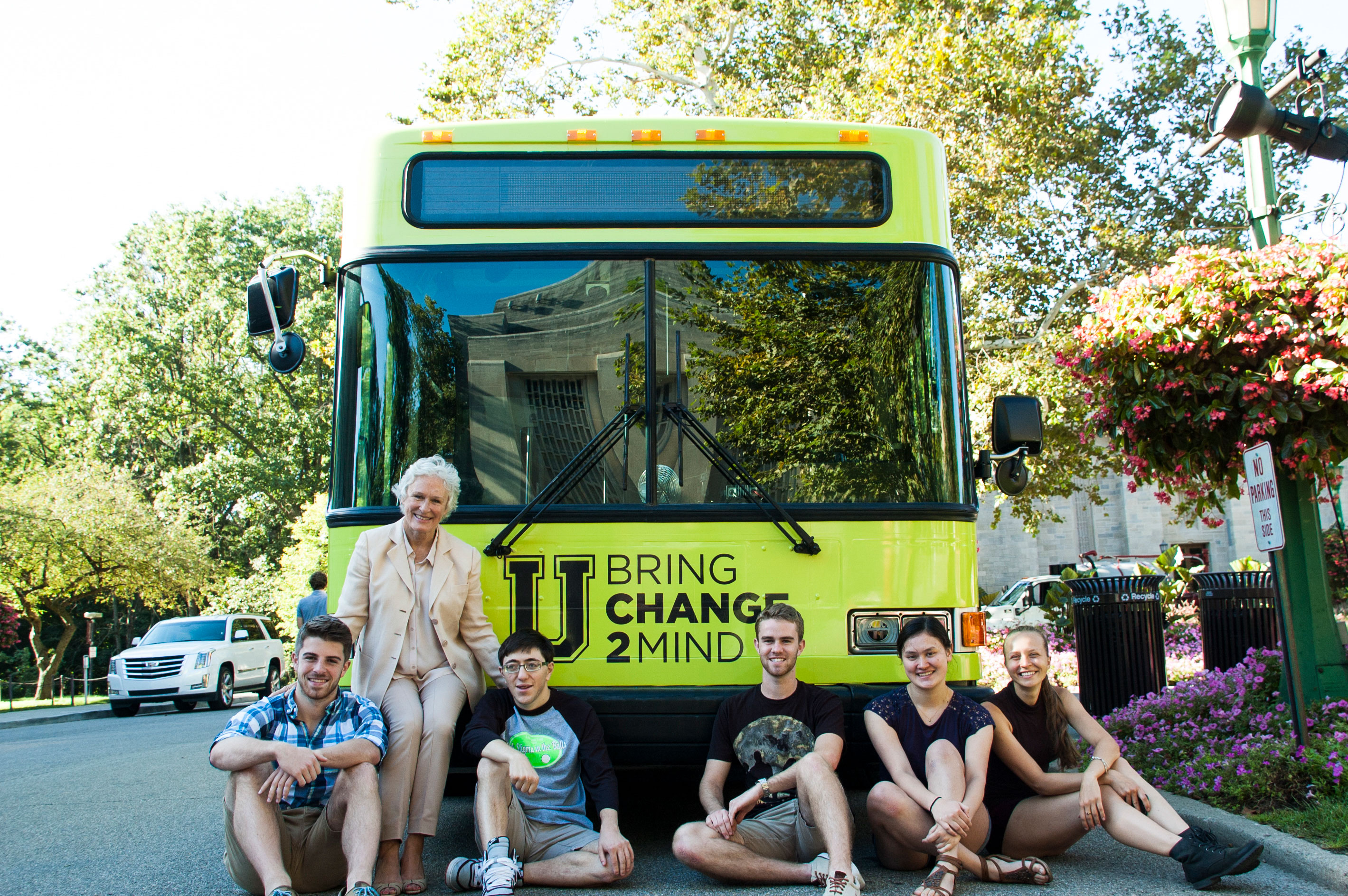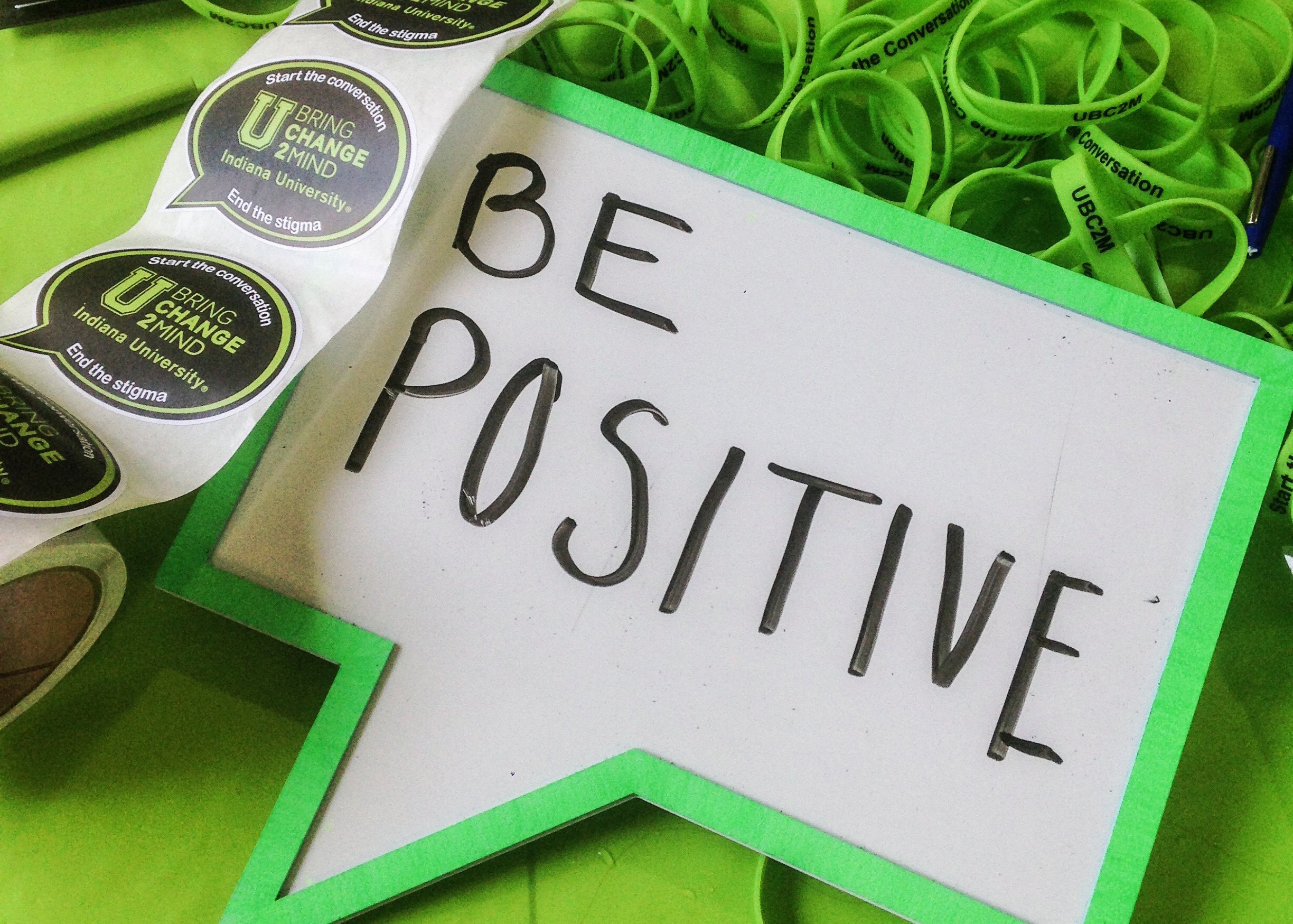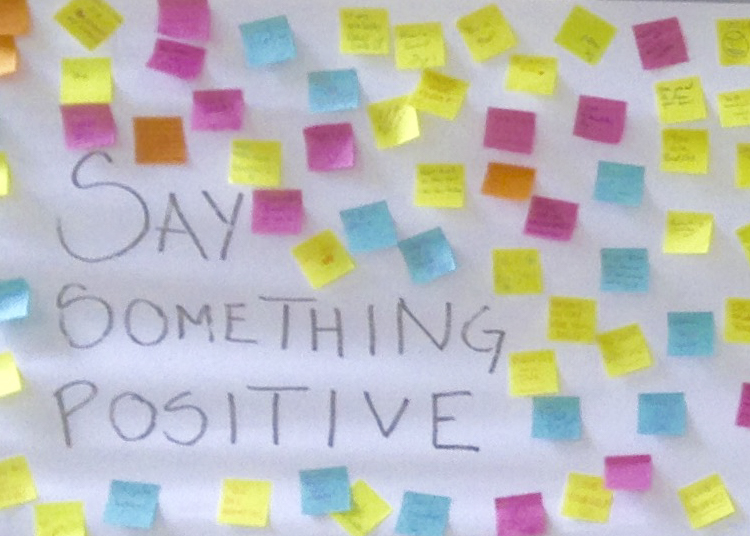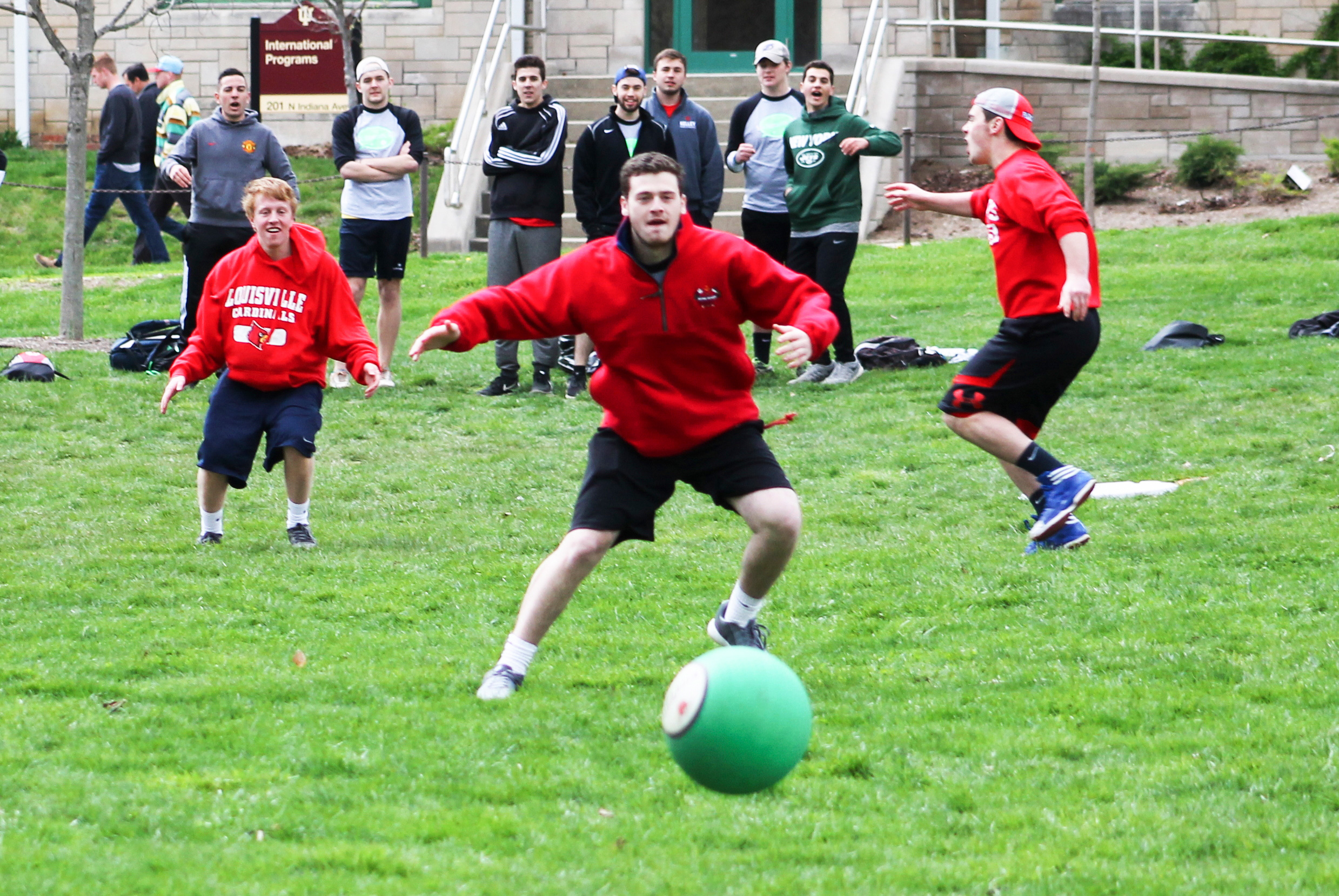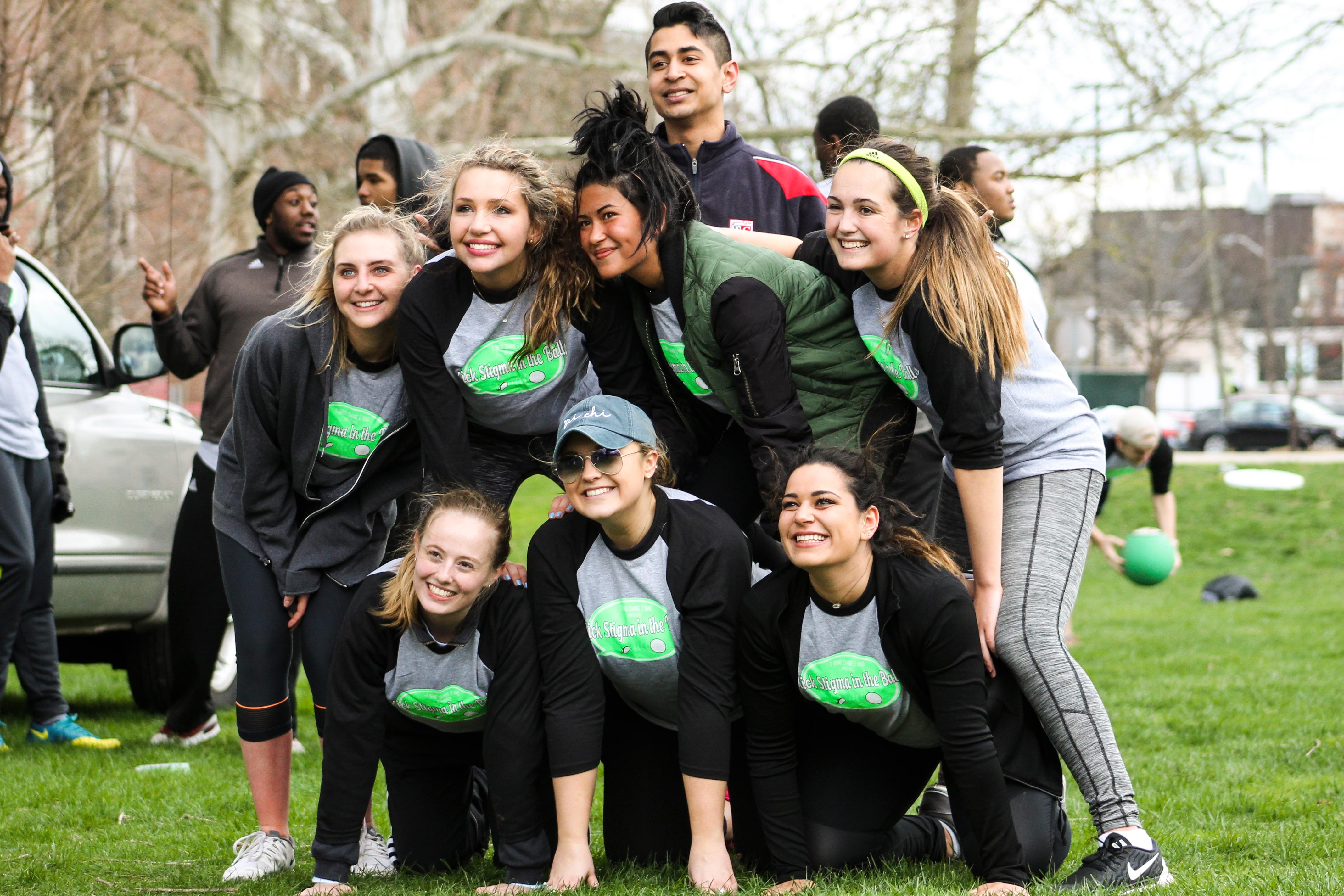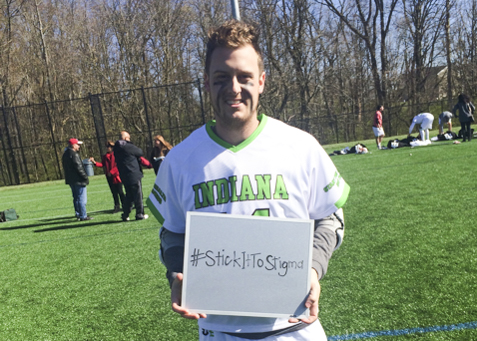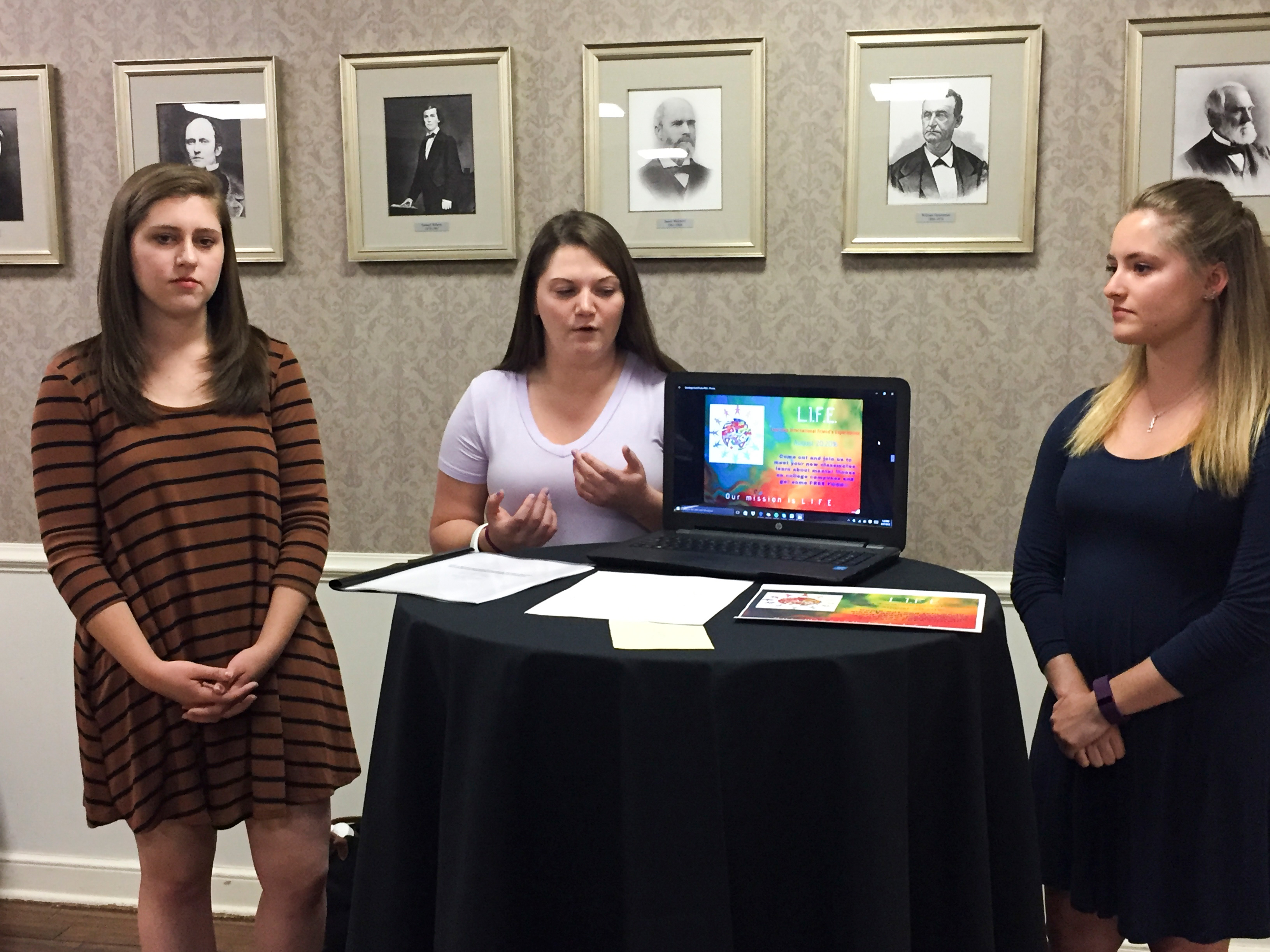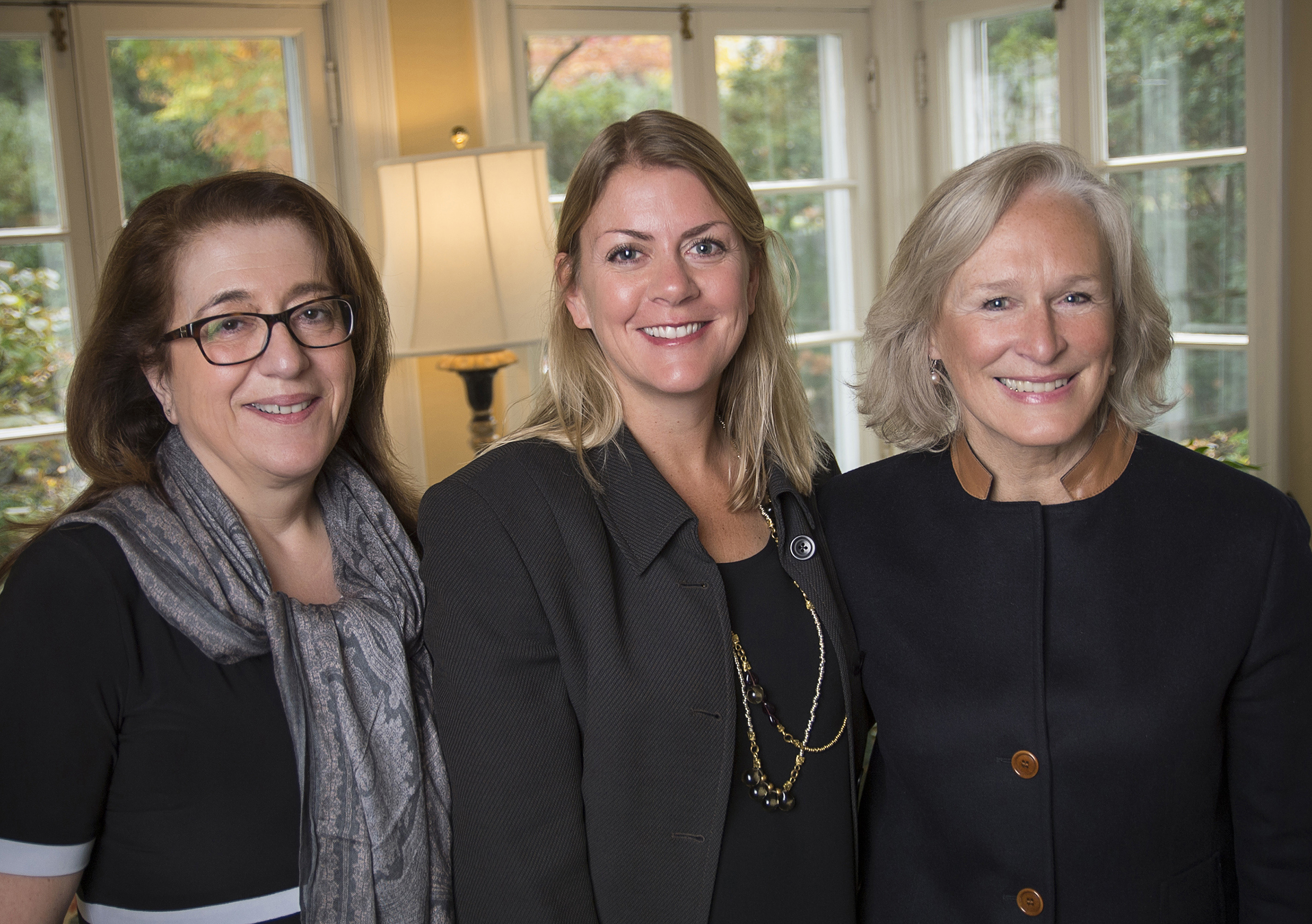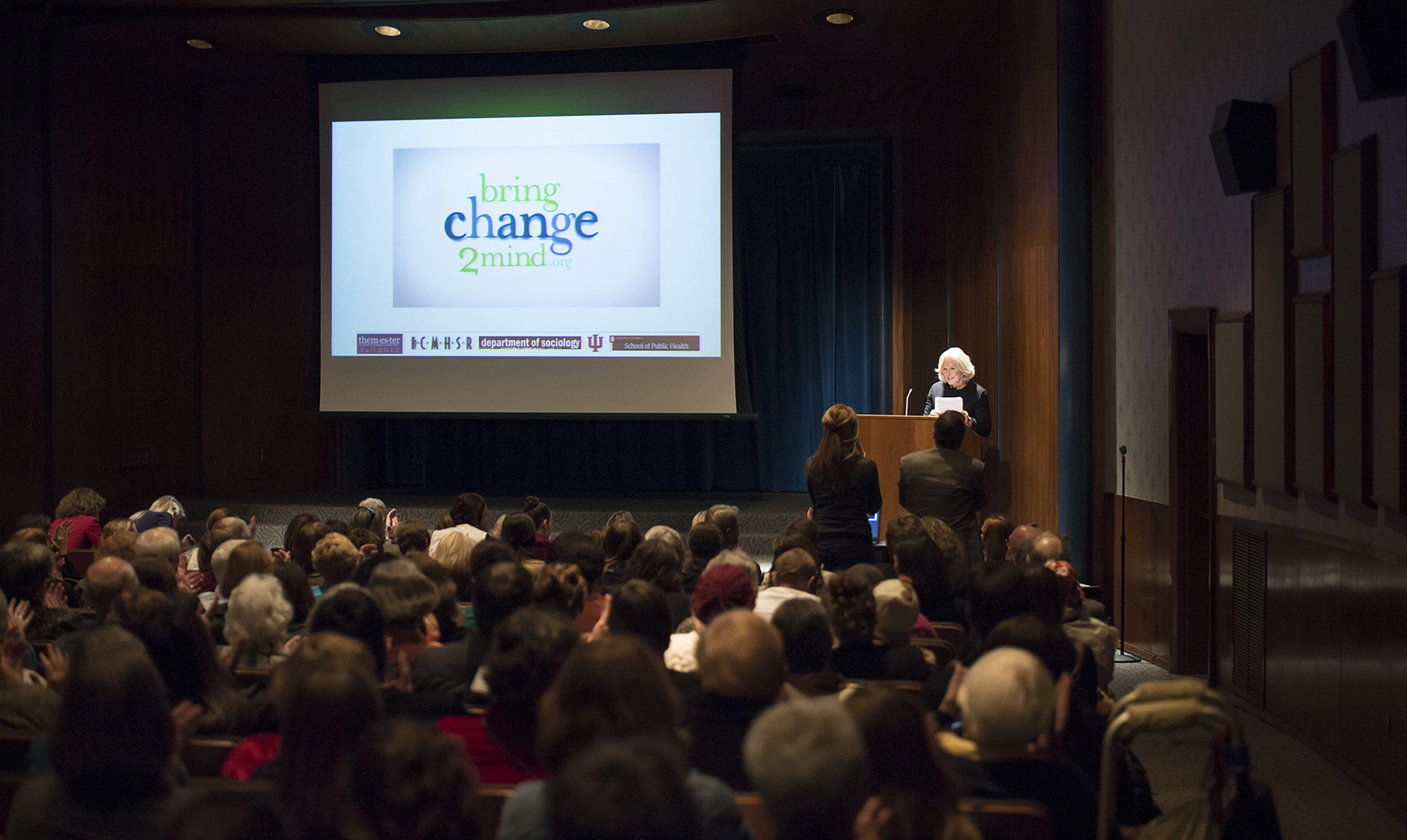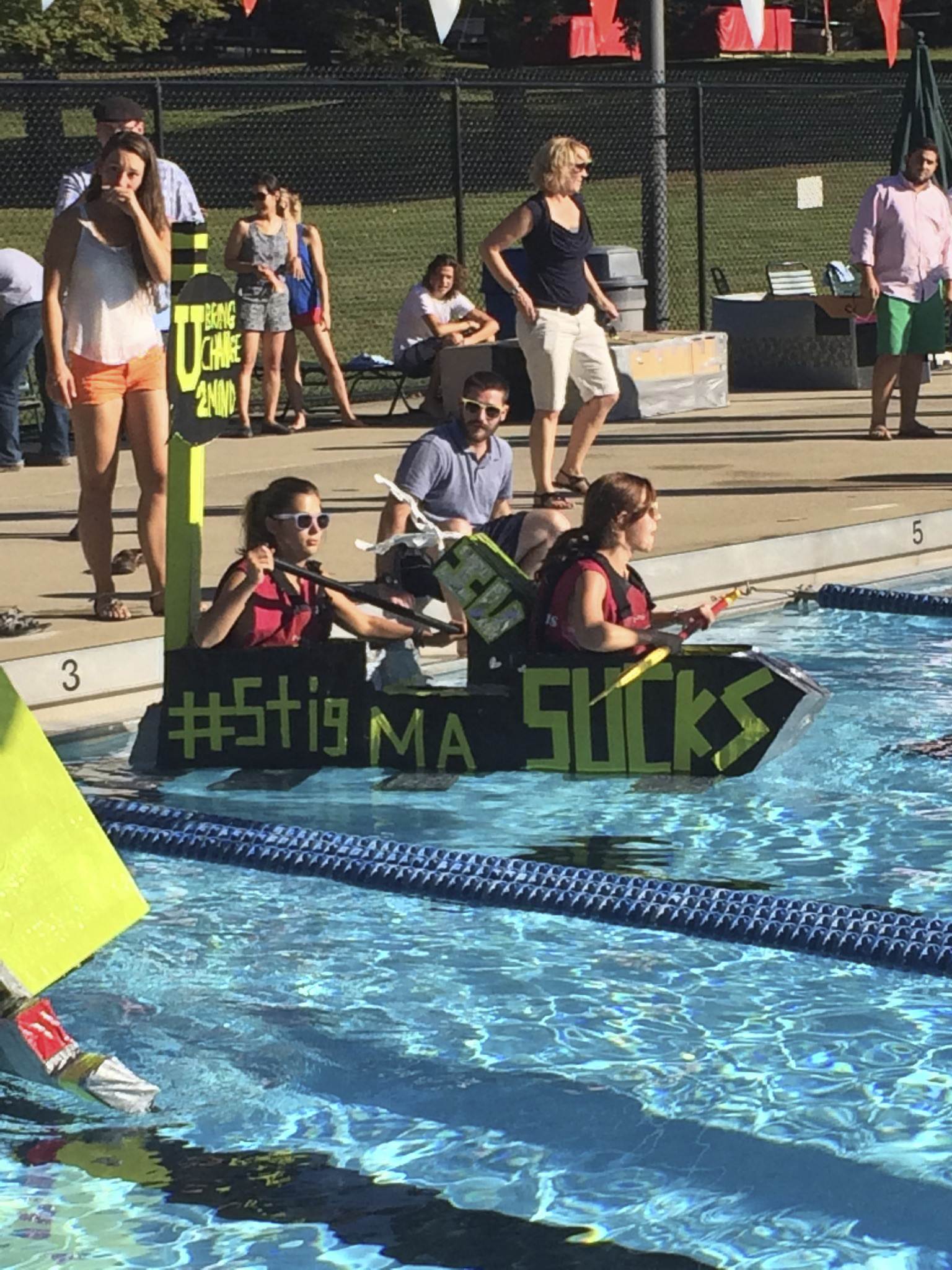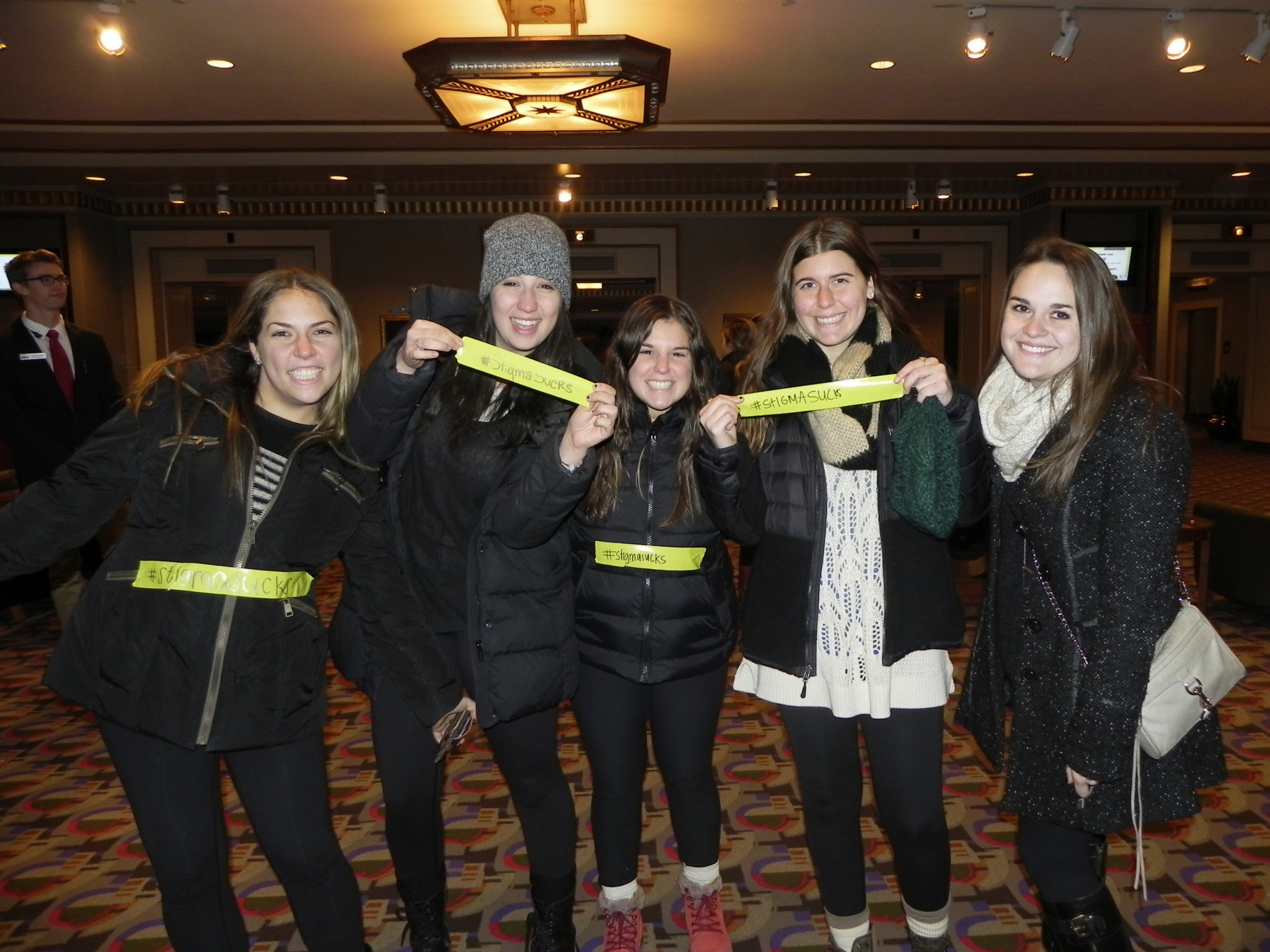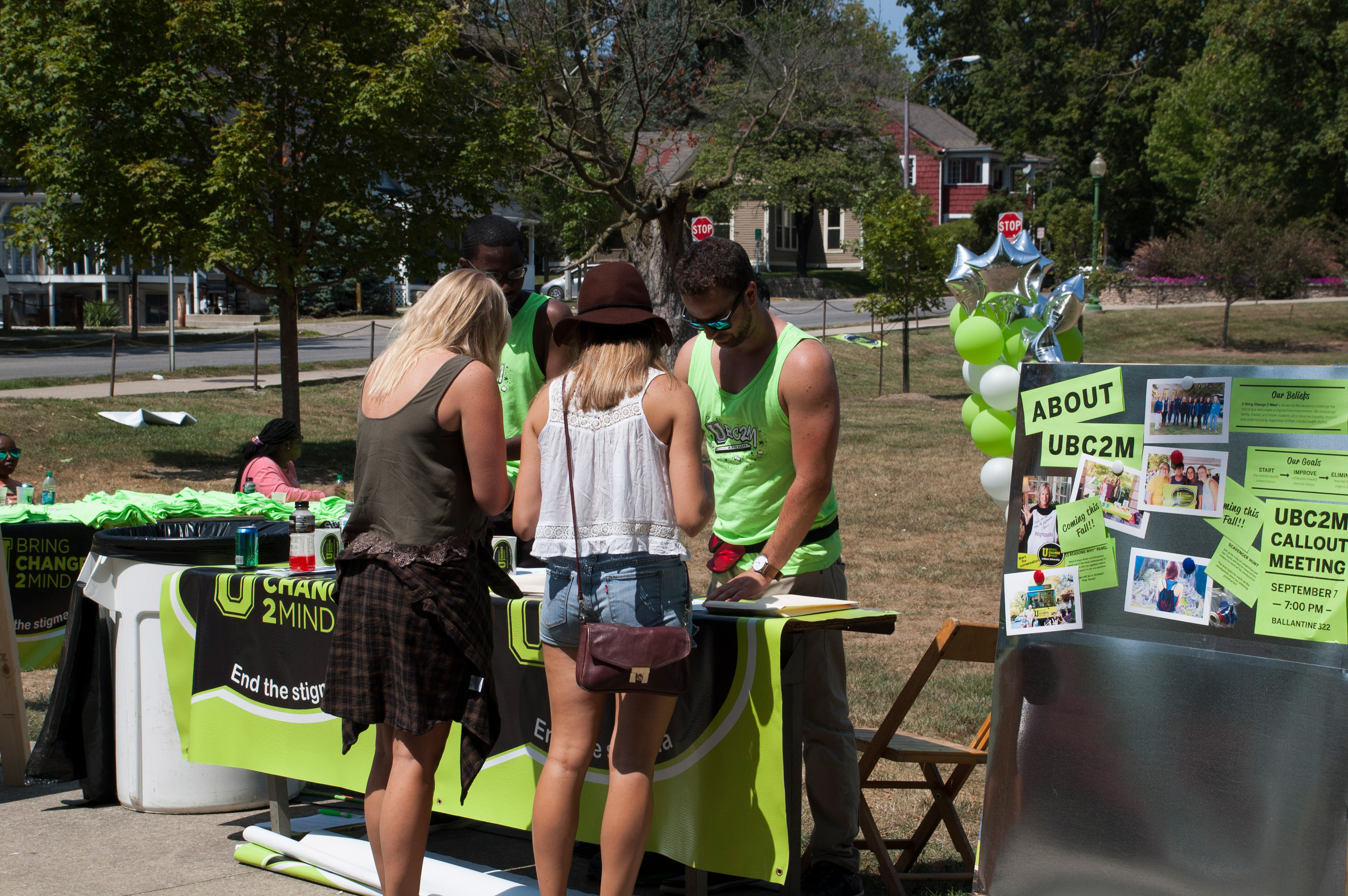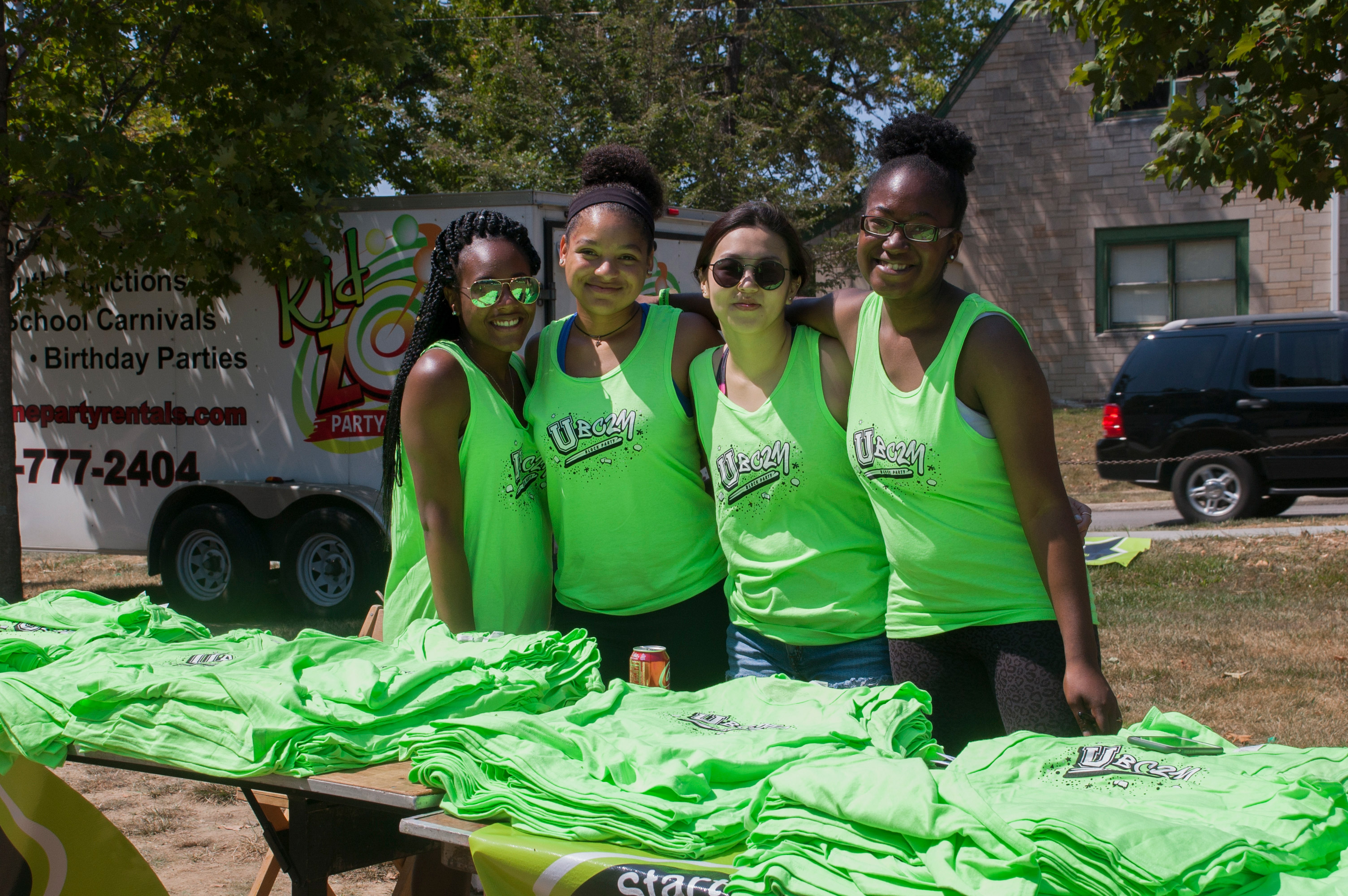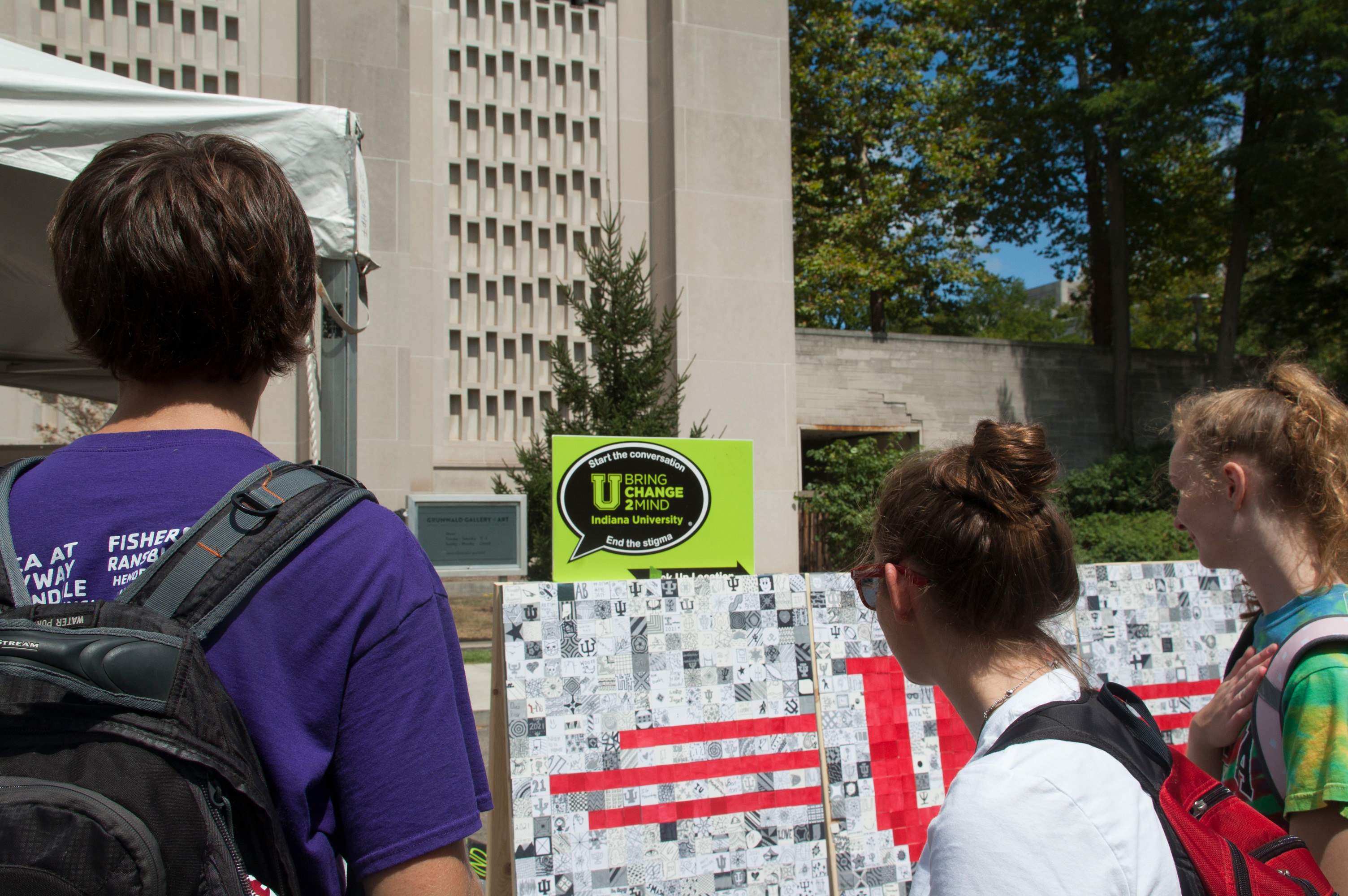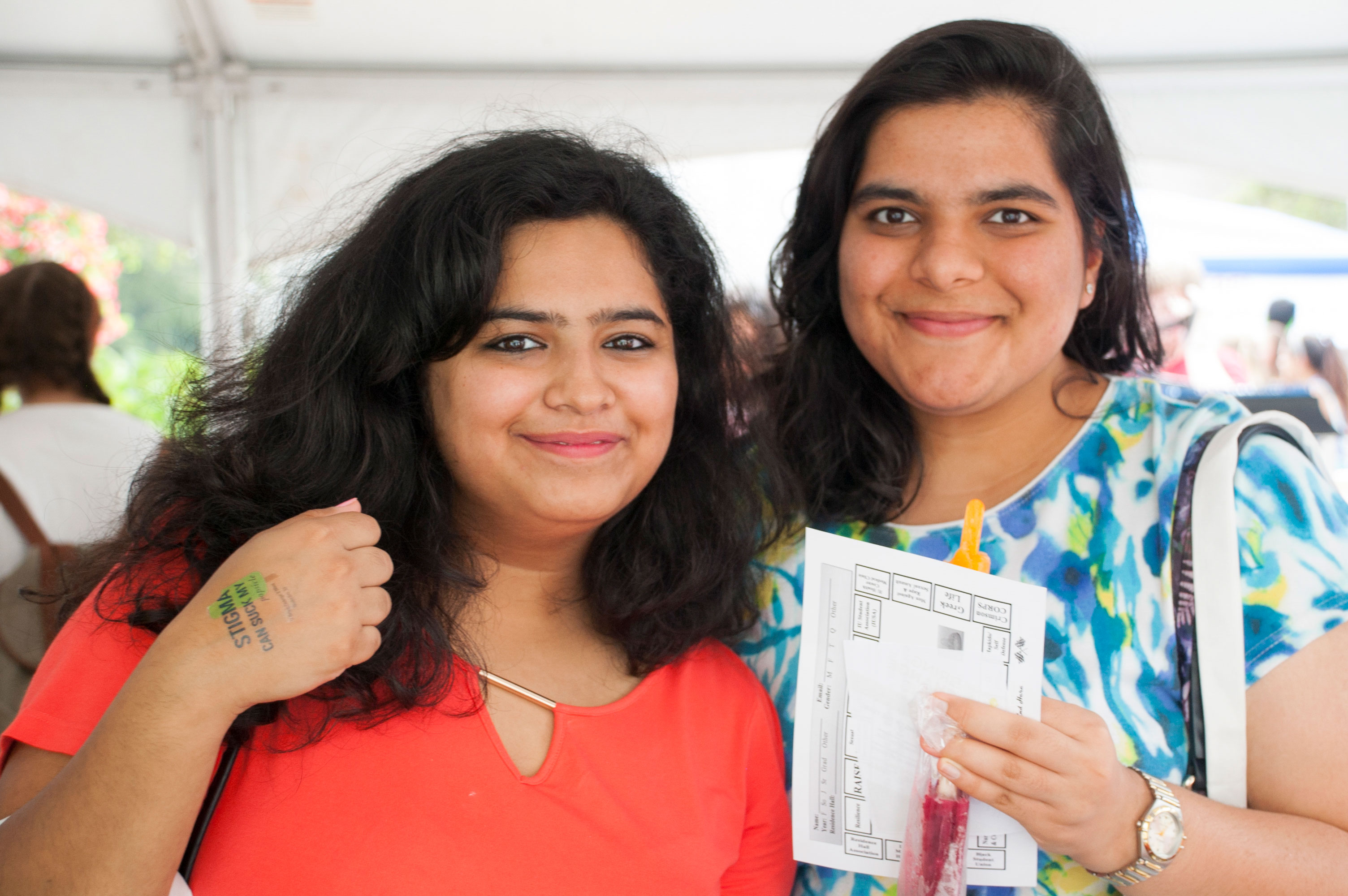A student-led program dedicated to creating stigma-free campuses.
Bring Change to Mind’s Undergrad Program was piloted in 2014 at Indiana University. The program empowered students to create fun educational mental health awareness events and campaigns for the university.
This ultimately encouraged open dialogue and built an inclusive campus climate through providing a range of adaptable anti-stigma materials. BC2M U took part in a four-year, science-based project at Indiana University to test and evaluate this program which proved to be successful.
The findings are published in the August 2019 Journal of American Academy of Child and Adolescent Psychiatry (JAACAP).
Why Does Mental Health Matter to Teens?
3⁄4 of mental health disorders start before the age of 24
73% of students report having a mental health crisis
40% of students experiencing mental health concerns seek care
Student Testimonials
Suggested Reading
- Journal of American Academy of Child & Adolescent Psychiatry – Empowering the Next Generation to End Stigma By Starting the Conversation: Bring Change to Mind and the College Toolbox Project
- BC2M U – Indiana University’s September 2016 to May 2017 Newsletter
- S101 Syllabus: Social Problems and Policies – #stigmasucks: The Interplay of Mental Illness, Media, and Social Change
- Inside IU Bloomington – Campaign Against Mental Health Stigma Focus of Glenn Close’s Campus Visit
- Psychiatric News – College Program May Change Student Attitudes About Mental Illness
- New at IU Bloomington – Starting a conversation: Activities addressing mental illness reduce stigma among college students
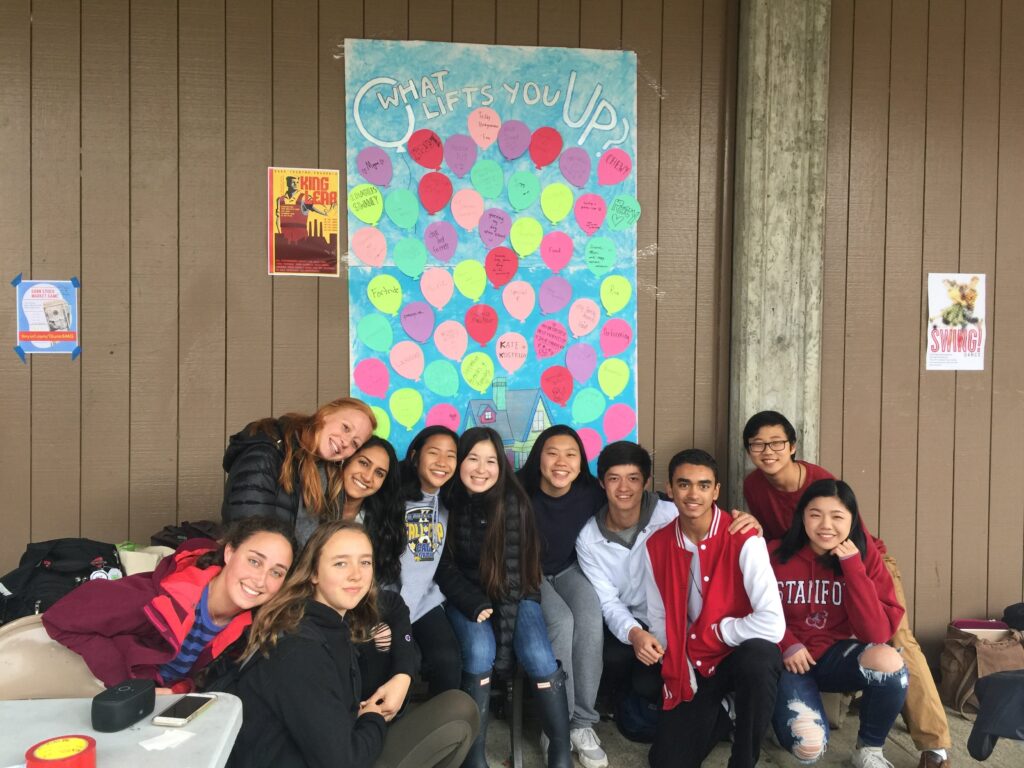
Frequently Asked Questions
A long-term, community-based, student empowerment approach to stigma reduction appears to be a promising avenue to create “stigma-free” zones on college campuses, develop the next generation of mental health leaders, and potentially reduce societal levels of stigma in the long run. Multiple exposures over time have greater impact in stigma reduction.
There has been little evaluation in stigma reduction efforts in higher education. Our research helped fill this gap and has proven that awareness surrounding mental health, especially multiple exposures, decreases stigma. We hope our findings spark interest and funding for further research on this important topic and inspires more people to join in on this life-changing work.
UBC2M has left us with well-rounded and thorough research which we hope to pass on to partner organizations so they can share the data and knowledge we collected to spread to universities throughout the country.
While Bring Change to Mind won’t continue to have active chapters on college campuses, we still encourage students to become leaders and advocates for mental health in their communities. We hope that graduates of our high school program take the skills they have gained and community activity ideas to continue to change attitudes around mental health once person at a time.
We are so happy that our partners at the Jed Foundation and Active Minds have a presence at thousands of schools across the country. We encourage alumni of our high school program to see if one of these organizations is present on their campus! If one is not available, alum are free to use activities and presentations that they hosted and participated in while they were BC2M HS members.
BC2M High School also encourages all who are interested to participate in our all club activation week we hold once a year; it is jam-packed week filled with fun and inspiring activities guaranteed to bring mental health awareness to your community.
- Having a bad day is normal, and happens to everyone. However, when these bad days turn into bad weeks or bad months, and you notice significant changes in your friend’s behavior or personality, it may be a sign of bigger concern.
- Initially, one of the most important things that you could do is to show love and concern for your friend and to let them know that you’re always there to support them. If you believe that your friend requires additional help, or if you feel overwhelmed in any way about the situation, trust your gut and do not hesitate to speak to someone who could help. This may be a counselor, a professor, or a parent / guardian.
- The Jed Foundation
- To Write Love on Her Arms (TWLOHA)
- Half of Us
- Active Minds
- Minding Your Mind
- MindUP™
- RULER
- Human Power Project
- Behind Happy Faces: Taking Charge of Your Mental Health by Ross Szabo and Melanie Hall
- After a Suicide: A Toolkit for Schools by The American Foundation for Suicide Prevention (AFSP)
- TeenzTalk


